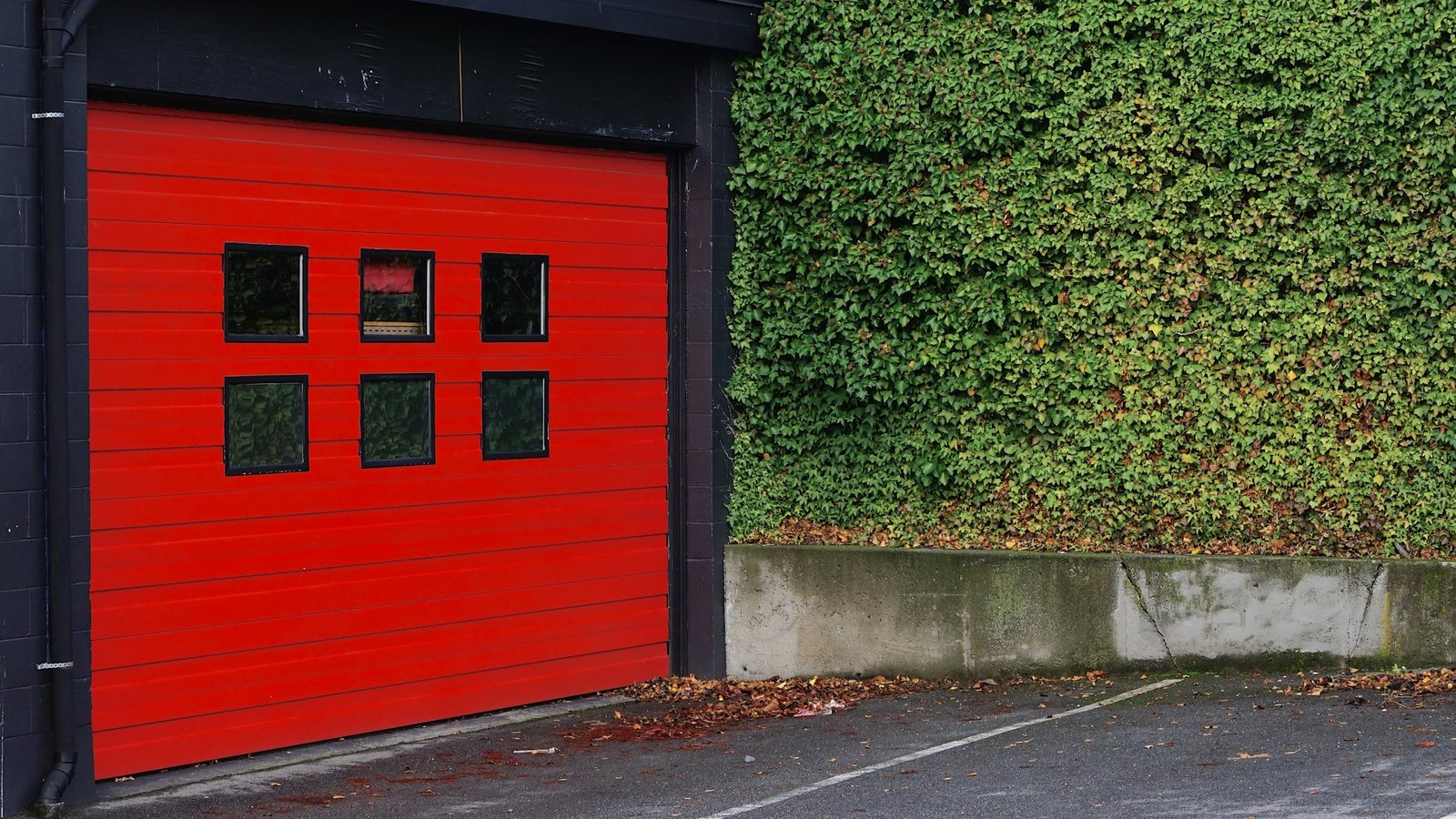As a reputable garage door service provider in Toronto and the Greater Toronto Area, we recognize the importance of a fully functioning garage door opener for ensuring security and ease of access for your home or business. Your garage door opener is an essential component that facilitates the automatic opening and closing of your garage door, contributing to convenience and property safety.
While modern garage door openers are built to last, they are still prone to wear and tear, aging, and potential malfunction. Being proactive in recognizing the signs that your garage door opener needs replacement can save you from unexpected disruptions, potential safety hazards, and costly damage.
In this article, we will explore the top seven signs that your garage door opener may need replacement. From unusual noises to unresponsive remote controls, we will guide you through the key indicators that a garage door opener is reaching the end of its life and share professional insight on how to determine whether a replacement or repair is the best course of action. Our goal is to equip you with the knowledge to maintain a safe and smooth-operating garage door system, safeguarding your property, and ensuring your peace of mind.
1. Unusual Noises
One of the most apparent signs that your garage door opener might need replacement is the presence of unusual noises during operation. While some operational sounds are normal, any sudden change in the noise level, such as grinding, squeaking, or rattling, could indicate an underlying issue with the opener’s motor, gears, or other components. Don’t ignore these warning signs; instead, consult a professional to inspect your opener and determine whether a replacement is necessary.
2. Unresponsive or Inconsistent Remote Control
Another common indicator that your garage door opener may need replacement is if the remote control becomes unresponsive or works inconsistently. This could be due to a dying battery, an issue with the remote itself, or a problem with the opener’s signal receiver. First, try replacing the battery and reprogramming the remote. If the issue persists, it’s time to call in a specialist to assess the situation and recommend a suitable course of action.
3. Slow or Uneven Door Movement
A garage door opener that struggles to lift or lower the door could signal that the motor is wearing out or that there’s a problem with the door’s balance. It’s crucial to address these issues promptly, as they can lead to further damage and potential safety hazards. Uneven door movement could also point to underlying problems with the springs, cables, or rollers. Seek professional expertise to diagnose the root cause and determine whether a garage door opener replacement is the best solution.
4. Repeatedly Reversing Door or Failure to Close
A properly functioning garage door opener should close the door smoothly and securely. If your garage door reverses direction frequently or fails to close entirely, it may be a sign of a malfunctioning safety feature or misaligned safety sensors. While some of these issues can be resolved through adjustments or minor repairs, consistent problems may warrant a garage door opener replacement.
5. Outdated or Absent Safety Features
Modern garage door openers come equipped with advanced safety features that protect users and prevent accidents. Older models may lack these crucial safety mechanisms, which is a significant concern, especially if you have children or pets. If your garage door opener is outdated or missing essential safety components, such as photoelectric sensors or automatic reversal mechanisms, it’s wise to consider upgrading to a newer, safer model.
6. Frequent Repairs and Breakdowns
If you find yourself dealing with recurring issues and requiring frequent repairs, it might be more cost-effective to replace your garage door opener rather than continue investing in temporary fixes. Additionally, repeated breakdowns can be a source of frustration and inconvenience. Upgrading to a new garage door opener will provide a more reliable, long-term solution and save you time, stress, and money in the long run.
7. Advanced Age and Obsolescence
Most garage door openers have a lifespan of approximately 10 to 15 years, depending on factors such as usage, maintenance, and quality. If your garage door opener is reaching or has exceeded this age range, it’s time to consider a replacement. Not only will a new opener offer enhanced performance and reliability, but it will also provide access to modern features, such as smart technology integration, for added convenience and security.
Trusting Professional Guidance to Make the Right Decision
Recognizing the signs of a failing garage door opener and seeking professional assistance can prevent serious issues down the line and help you keep your property safe and secure.
If you’re experiencing any of the warning signs mentioned above, our experienced team at Prime Garage Door is here to help. We’ll assess your unique situation, provide expert recommendations, and, if necessary, assist you in garage door opener installation. Don’t hesitate to reach out to us for prompt, reliable, and trustworthy service!

